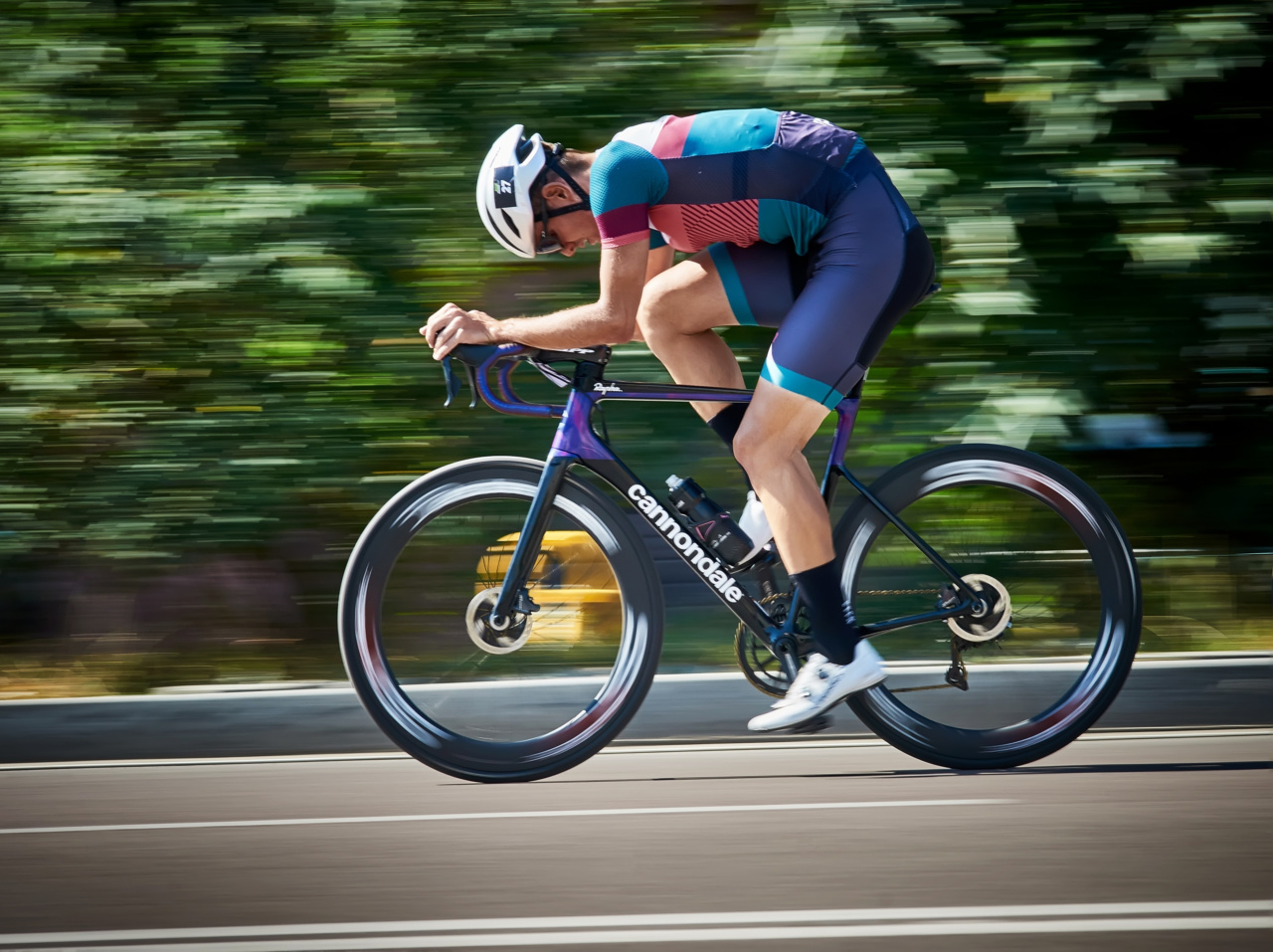When it comes to burning fat and losing weight, people are always looking for the most effective methods. One approach that has gained popularity in recent years is fasted cardio.
Fasted cardio involves exercising on an empty stomach, typically in the morning before breakfast. The idea behind this practice is that by depriving your body of fuel, it will tap into its fat stores for energy, leading to increased fat burning. But is fasted cardio really the best way to burn fat? Let’s take a closer look.
Understanding Fat Burning
Before delving into fasted cardio, it’s essential to understand how fat burning works. When you exercise, your body utilizes carbohydrates and fats as sources of energy.
The intensity and duration of exercise determine which fuel source is primarily used. During low-intensity exercise, such as walking or light jogging, the body primarily relies on fat as the energy source. However, as the intensity increases, the body starts using a higher percentage of carbohydrates.
When it comes to fat loss, the most critical factor is achieving a calorie deficit. A calorie deficit occurs when you consume fewer calories than you burn, prompting your body to tap into stored fat for energy.
Regardless of the fuel source, any exercise that increases your energy expenditure and helps create a calorie deficit can contribute to fat loss.
The Claims of Fasted Cardio
Advocates of fasted cardio argue that by exercising on an empty stomach, you can increase fat burning. They suggest that in the absence of readily available carbohydrates, the body turns to stored fat for fuel.
Furthermore, they claim that fasted cardio can increase the production of growth hormone, which aids in fat burning.
One study often cited by proponents of fasted cardio is a 2013 research published in the Journal of Translational Medicine.
The study found that individuals who performed aerobic exercise in a fasted state burned on average 20% more fat compared to those who exercised after eating breakfast. However, it is worth noting that the participants in this study were young, healthy men, and the results may vary for different demographics.
The Role of Individual Differences
While some studies suggest that fasted cardio may enhance fat burning, individual differences play a significant role. Each person’s body responds differently to exercise and the timing of meals.
For some people, exercising with an empty stomach may lead to increased fat burning. However, for others, it may result in decreased performance and muscle loss.
It’s crucial to consider your personal preferences and goals when deciding whether to incorporate fasted cardio into your routine.
If you feel energized and perform well during fasted workouts and it aligns with your lifestyle, it might be worth trying. However, if it leaves you feeling weak or affects your exercise performance, it’s best to stick to workouts after fueling up.
Performance Considerations
One major consideration when it comes to fasted cardio is the impact on performance. Without proper fueling before exercise, you may experience reduced endurance, decreased intensity, and diminished overall performance.
This can be especially true for high-intensity workouts or prolonged sessions.
If your goal is to build muscle, fasted cardio may not be the most optimal choice. When performing resistance exercises on an empty stomach, your body may break down muscle protein as an energy source since it lacks carbohydrates.
This can impede muscle growth and recovery, hindering your progress in achieving a toned and lean physique.
Alternatives to Fasted Cardio
While fasted cardio can work well for some individuals, it’s not the only option for burning fat. There are several alternatives worth considering:.
- Cardio after a small meal: Consuming a light, balanced meal before your workout can provide your body with the necessary energy to perform optimally while still maintaining a calorie deficit.
- High-intensity interval training (HIIT): HIIT workouts involve short bursts of intense exercise followed by periods of rest. These workouts have been shown to be highly effective for fat burning and can be done in a fueled or fasted state.
- Strength training: Building lean muscle through strength training can increase your metabolic rate, leading to greater calorie burn even at rest. Incorporating resistance exercises into your routine is vital for long-term fat loss.
Conclusion
Fasted cardio can be an effective strategy for burning fat, particularly for those who respond well to exercising on an empty stomach. However, it is not a one-size-fits-all approach, and individual differences should be taken into account.
Proper fueling and prioritizing performance are essential for achieving optimal results.
Ultimately, the best way to burn fat is to create a calorie deficit through a combination of balanced nutrition, regular exercise, and healthy lifestyle habits.
Whether you choose fasted cardio or another form of exercise, consistency and adherence to a well-rounded approach are key to reaching your fat loss goals.



























